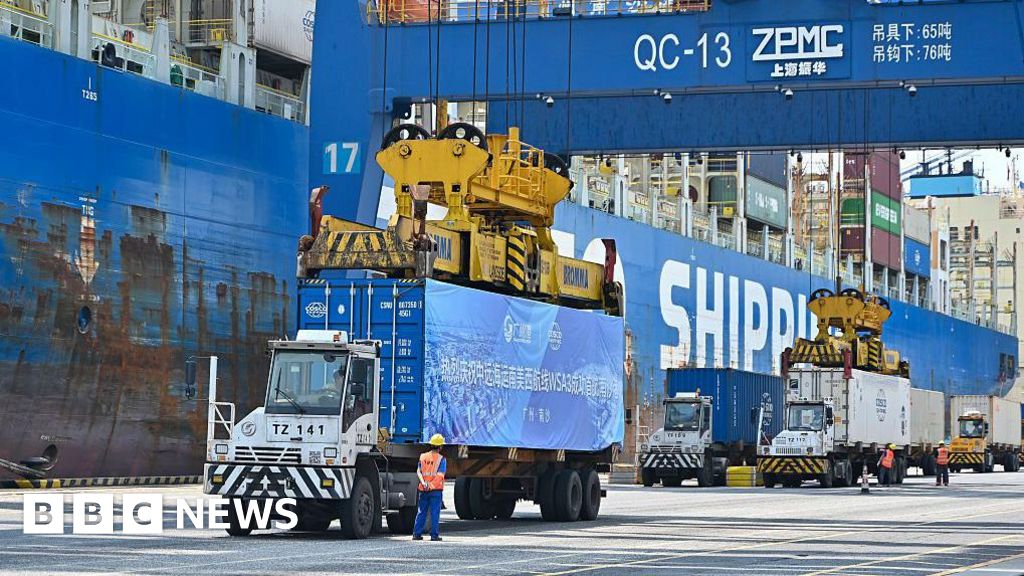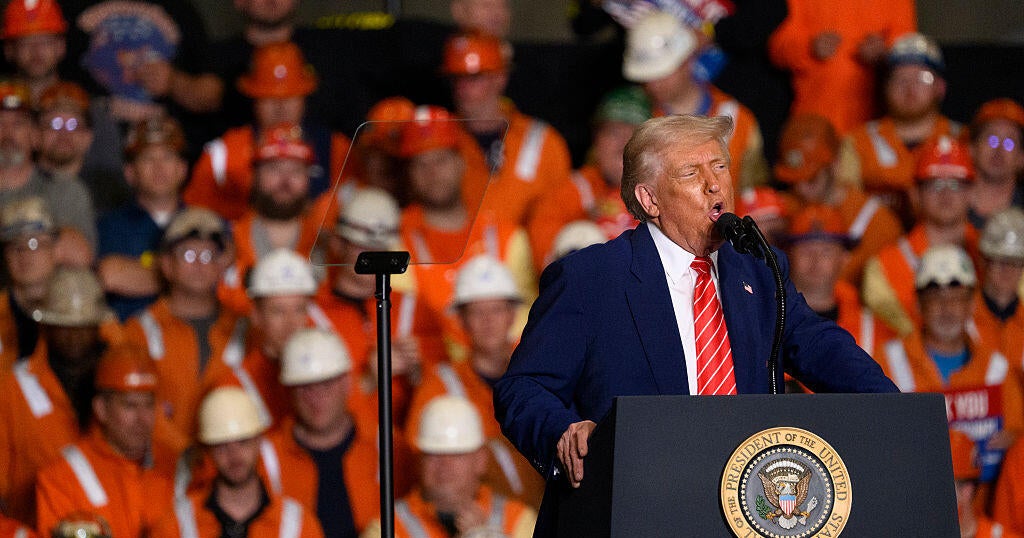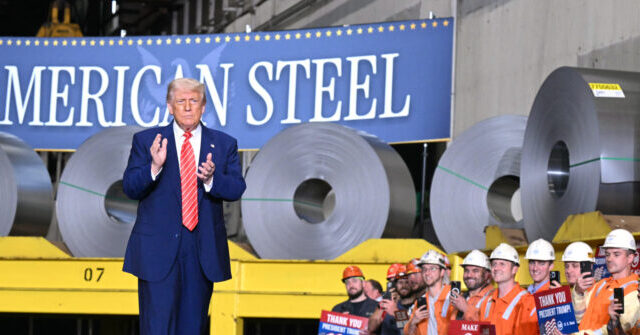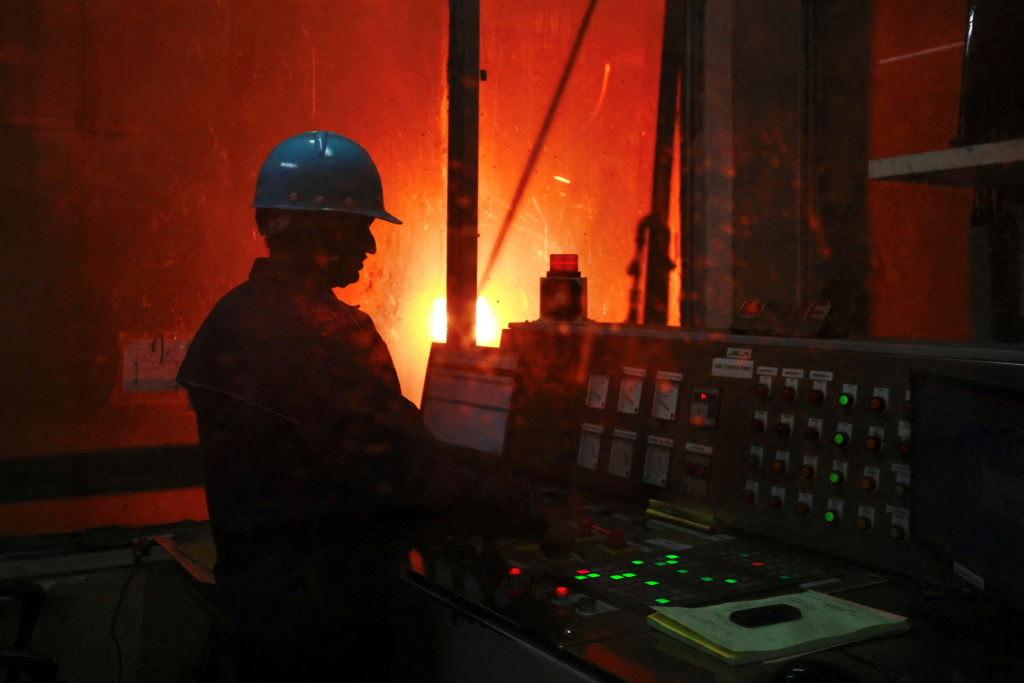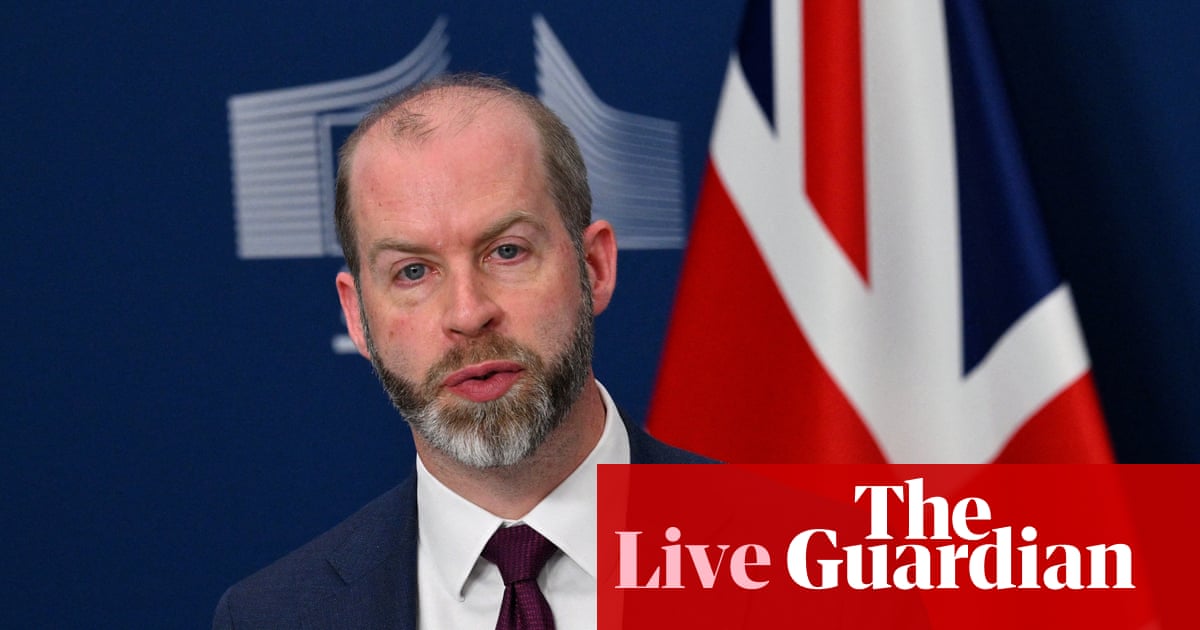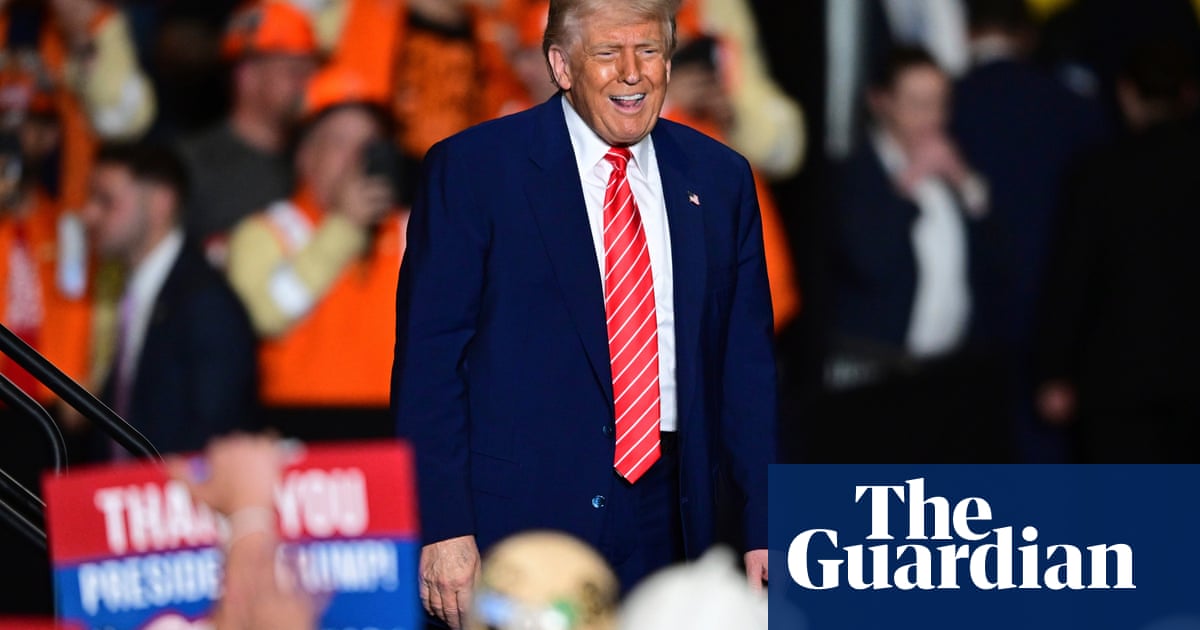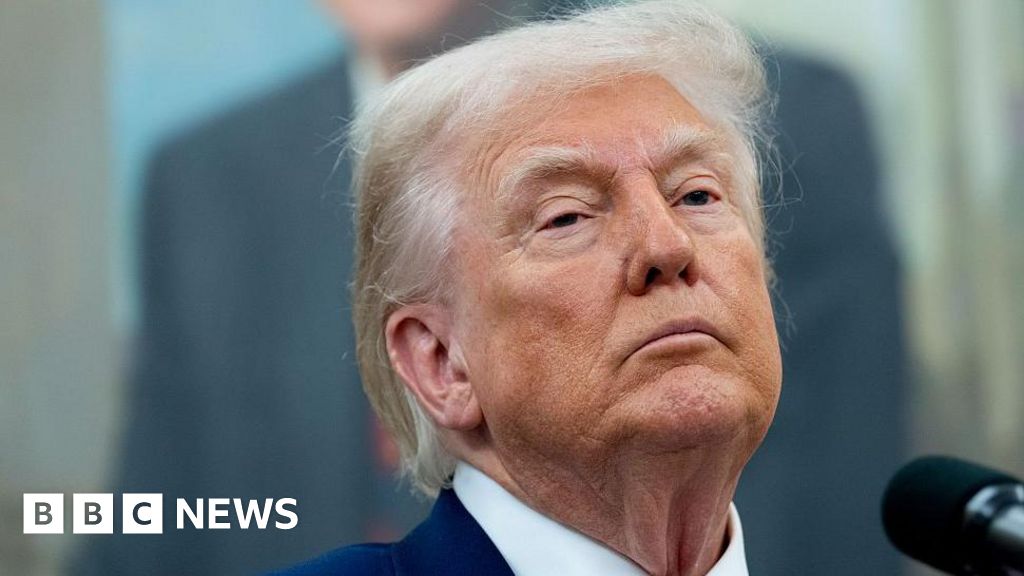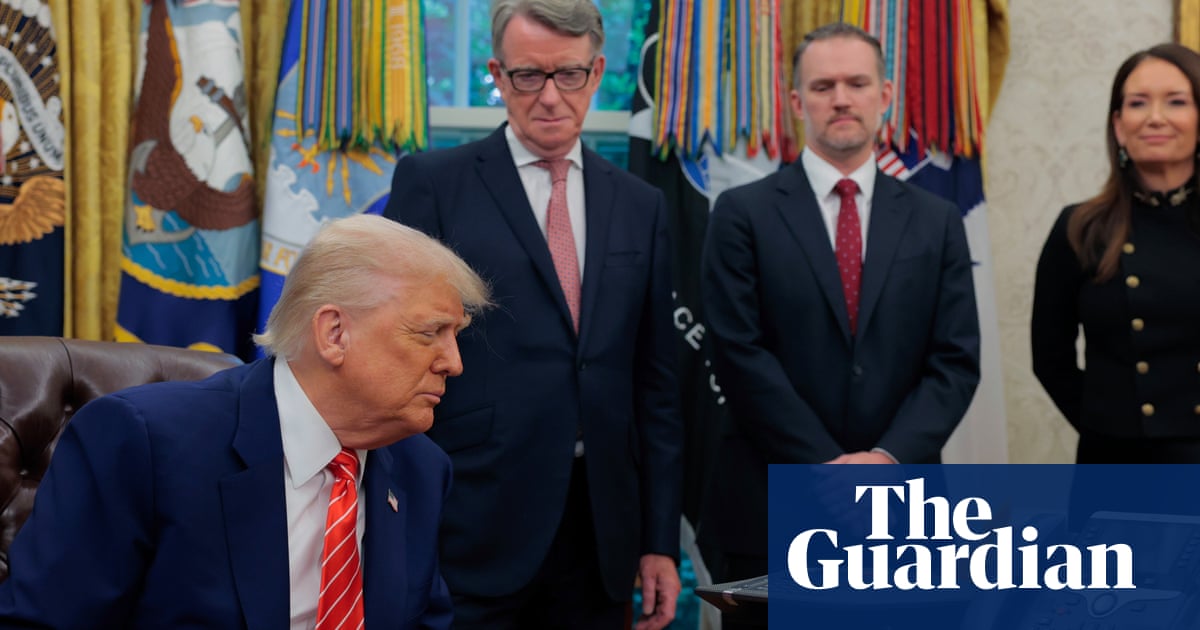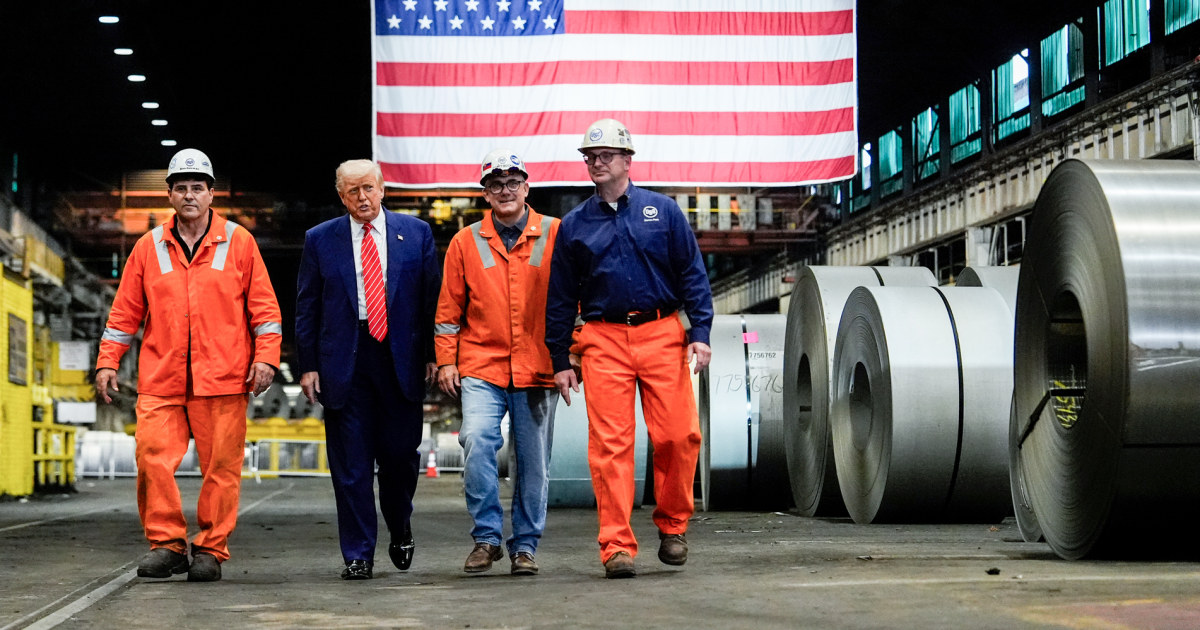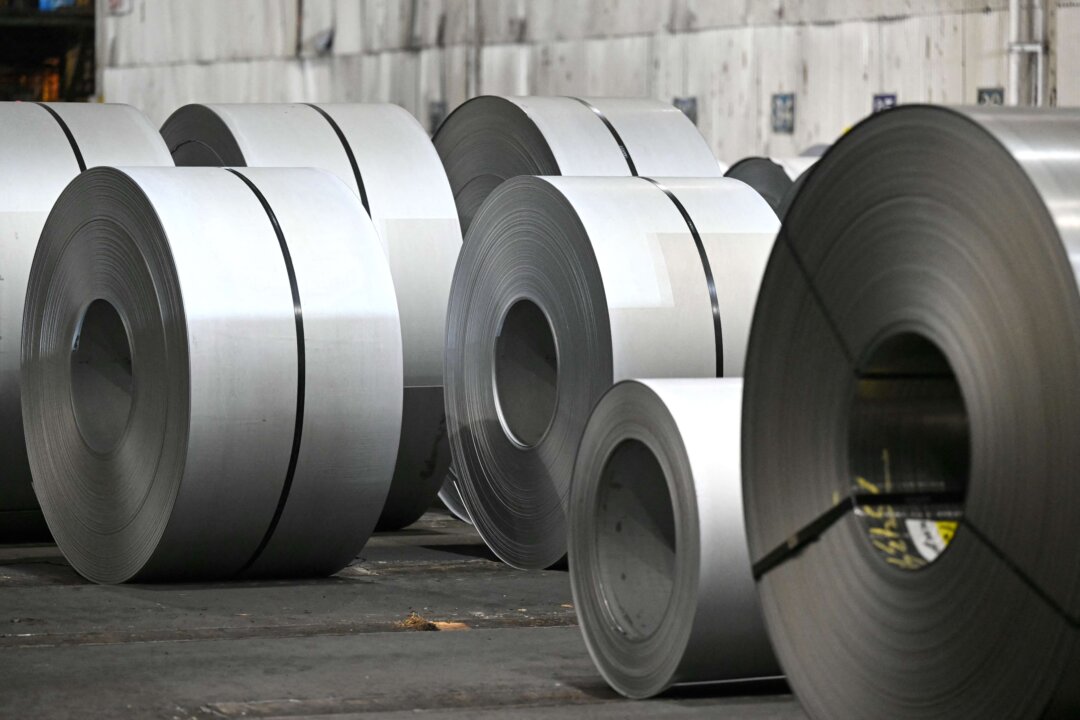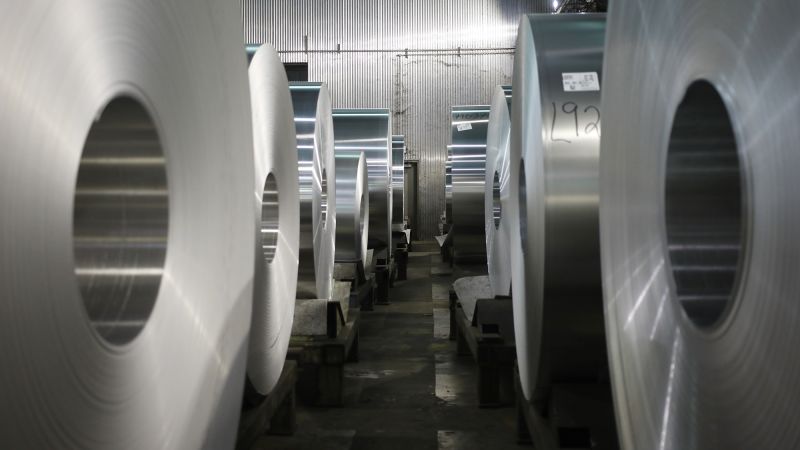Trump Doubles Tariffs Amid Trade Deficit Narrowing and Legal Uncertainty
President Trump has doubled tariffs on steel and aluminum imports, with the U.S. trade deficit narrowing significantly amid ongoing negotiations and legal challenges.
Subscribe to unlock this story
We really don't like cutting you off, but you've reached your monthly limit. At just $5/month, subscriptions are how we keep this project going. Start your free 7-day trial today!
Get StartedHave an account? Sign in
Overview
President Trump has doubled tariffs on steel and aluminum imports from 25% to 50%, aiming to protect domestic industries. The Congressional Budget Office (CBO) estimates this could reduce the federal deficit by $2.8 trillion over the next decade, but may also shrink the U.S. economy by 0.6% and increase inflation by 0.4% annually in 2025 and 2026. The U.S. trade deficit narrowed significantly in April, dropping to $61 billion from $140 billion, as imports fell sharply. However, Trump's tariff policies face legal challenges, creating uncertainty in negotiations with Canada and Mexico, while consumer sentiment continues to decline.
Report issue

Read both sides in 5 minutes each day
Analysis
- The articles present a mixed view on Trump's tariffs, highlighting both potential deficit reduction and significant economic drawbacks.
- Concerns about inflation, reduced purchasing power, and economic contraction are prevalent across multiple articles.
- While some articles acknowledge potential benefits, the overall sentiment leans towards caution regarding the tariffs' long-term effects.
Articles (37)
Center (14)
FAQ
President Trump increased tariffs to protect U.S. domestic industries, countering countries that offload low-priced metals and addressing national security concerns related to insufficient capacity utilization in these industries.[1]
The tariffs are expected to increase consumer prices and inflation, adding uncertainty to the global economy. They may boost U.S. consumer prices by 0.1% over the next three years and could lead to higher costs for consumers and businesses.
Yes, steel and aluminum imports from the U.K. will remain at 25% until at least July 9, following a trade pact framework agreed upon by President Trump and British Prime Minister Keir Starmer.
History
- 5M

 4 articles
4 articles
- 5M

 4 articles
4 articles
- 5M

 3 articles
3 articles
- 5M

 6 articles
6 articles
